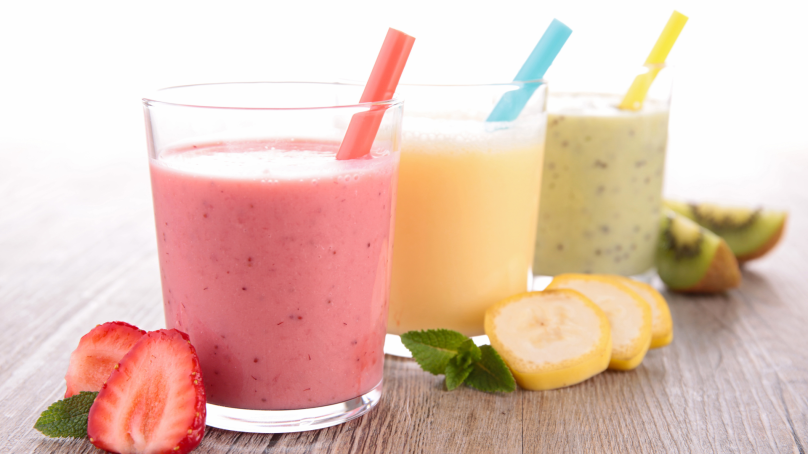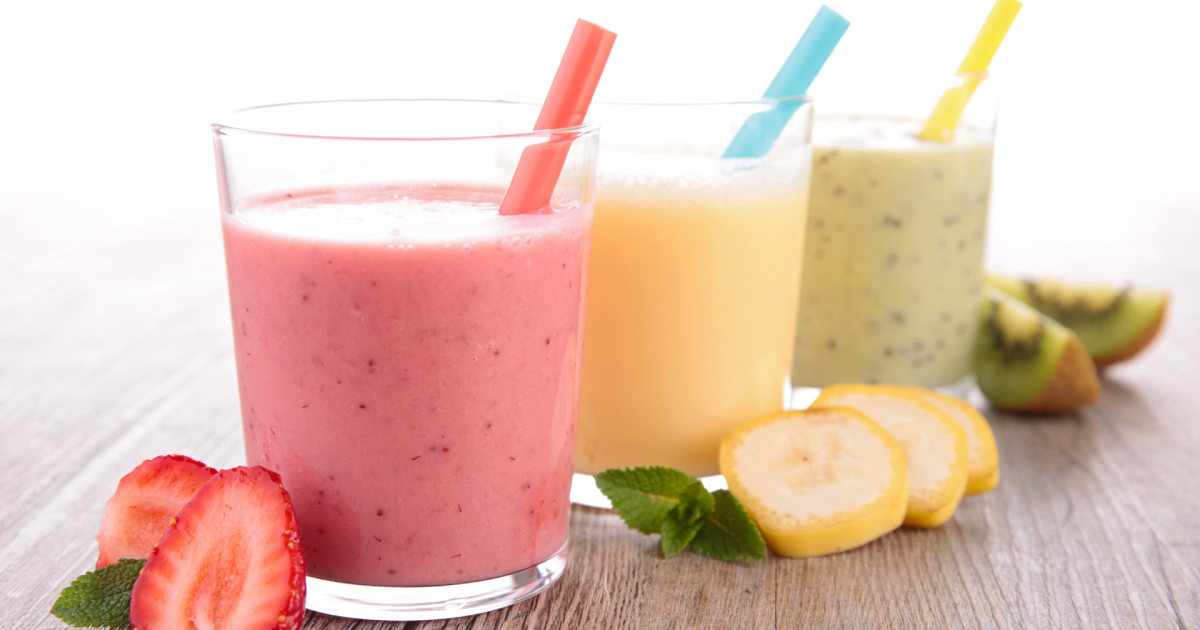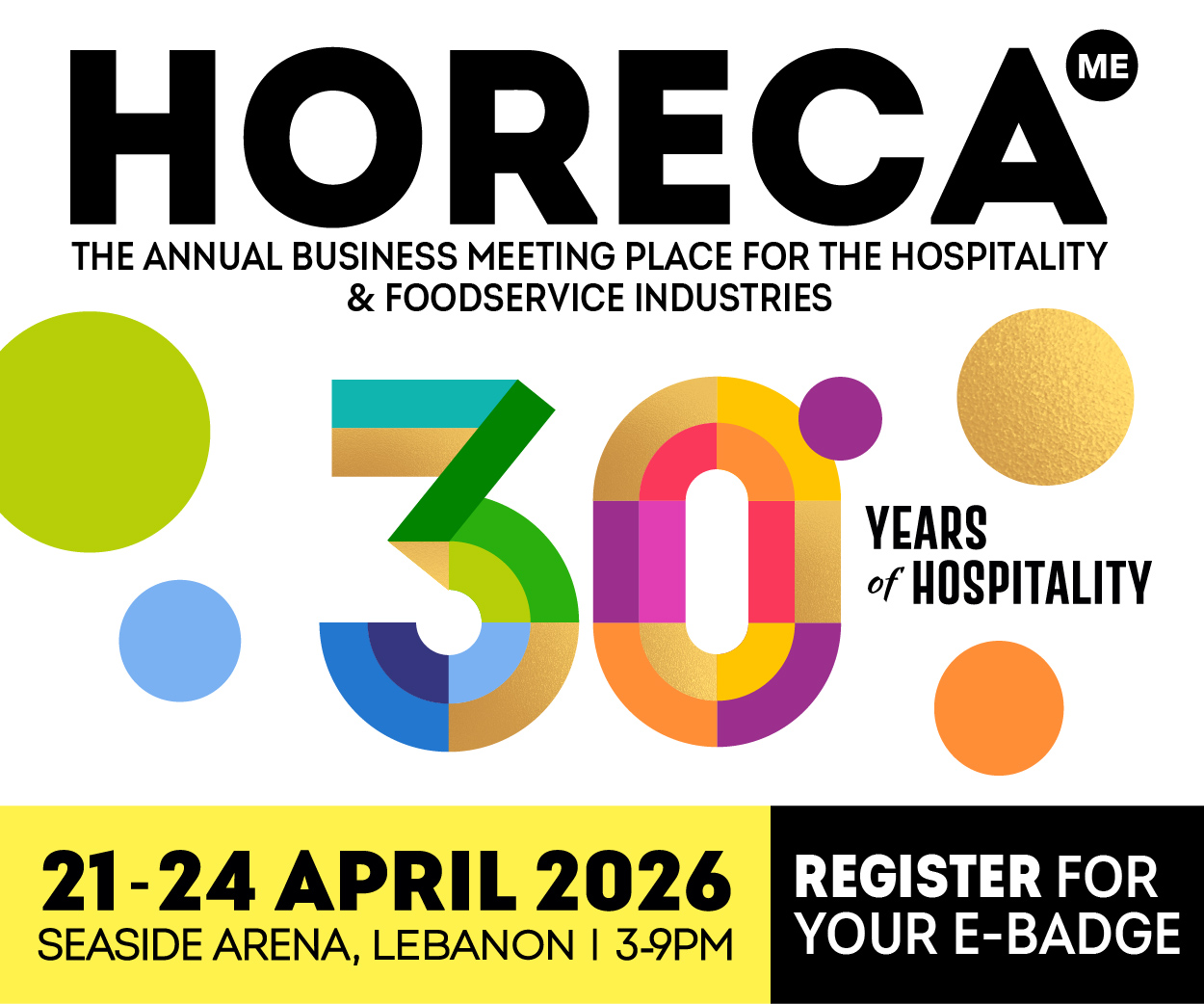

Local smoothie and milkshake brands
In many Middle Eastern countries, Juice World has become a top brand in the fresh juice and smoothie industry. With over 100 stores across the region, Juice World has seamlessly integrated itself into the lifestyle of health-conscious shoppers. According to FMI’ estimates, Juice World likely commands the largest market share in both the UAE and Saudi Arabia. Their market share is estimated to be between 15 to 20 percent, making Juice World a dominant force in the region. Freshly Squeezed, another significant player in this segment, has a strong retail presence in major shopping malls and city centers. Their menu emphasizes detox beverages, smoothies customizable to consumer tastes and clean foods, appealing to those seeking health benefits. Although not as large as Juice World, Freshly Squeezed has solid brand recognition and a strong position in the mid-premium market. Another prominent player in the Middle Eastern milkshake and smoothie market is NEST, known for its trendy, Instagram-worthy concept. NEST has developed product lines tailored to the sensibilities of Gen Z and millennial consumers, making it highly culturally agile.
Global smoothie and milkshake entrants
Boost Juice, the Australia-based health chain, is arguably the most aggressive international player in the UAE’s growing market. With over 50 stores spread across the UAE, Saudi Arabia, and Qatar, Boost Juice has effectively localized its offerings. In doing so, it has maintained its strong brand identity while catering to local tastes and preferences in the region. According to FMI, its market share is estimated to be between 5 percent and 10 percent, reflecting its growth. Moreover, the brand has demonstrated strong performance in high-footfall locations such as malls and airports, where it attracts significant consumer traffic. In addition, Cinnabon while best known for its cinnamon rolls, many of its outlets offer milkshakes. Though Cinnabon isn’t a core player in the smoothie market, it still competes in the broader scale. At the mass-market end, global fast-food giants like McDonald’s and Burger King continue to dominate milkshake sales, especially among price-sensitive segments. While their positioning may not be health-focused, these brands offer products that are ubiquitous, affordable, and nostalgic for consumers. Additionally, sales of these brands are bolstered by upsell or add-on behavior, customers often purchase beverages alongside their main meals. Consequently, these fast-food giants dominate the lower-price tier market, a volume-driven, low-margin game that continues to attract large customer bases.
Emerging disruptors
Newer players are carving out micro-niches by entering markets where traditional brands may be reluctant to establish a presence. Shakeaway, a UK-origin brand, has built a strong reputation for offering highly customizable milkshakes with unique ingredient combinations. For example, its milkshakes often mix in cereals, candy bars, and various flavor syrups, catering to adventurous consumers. Its presence in upscale malls in Dubai and Riyadh allows it to target consumers who are eager to experiment with flavors. Fruitful Day, a UAE-based startup, is pioneering the subscription-based smoothie delivery model, which has rapidly gained consumer interest. With a strong emphasis on healthy ingredients, meal planning, and on-demand convenience, it appeals to busy urbanites seeking wellness without much effort. Similarly, The Fit Bar in Saudi Arabia has strategically positioned itself as a fitness-aligned brand, offering protein milkshakes and keto-friendly blends. By focusing on performance-oriented beverages, The Fit Bar attracts fitness enthusiasts looking for specialized drink options that complement their healthy lifestyles.
Trends
Consumer preferences in the Middle East are shifting toward health, localization, and premium experiences. Today, health-conscious choices aren’t optional, they’re expected. Shoppers are seeking organic ingredients, low-sugar alternatives, and plant-based blends. Brands like NEST and The Fit Bar are leading this trend, delivering wellness-focused products with strong visual appeal. Localization also plays a key role in building brand loyalty. Incorporating regional flavors like dates, rosewater, saffron, and camel milk creates stronger emotional ties with consumers. Meanwhile, category lines are blurring. Coffee shops, dessert spots, and bakeries are entering the smoothie market, intensifying competition and weakening brand distinction. Smoothie-focused brands now face a broader landscape of beverage experiences.
The challenges
Despite the current momentum, brands still face key challenges that may affect long-term growth in this competitive, evolving market. For example, many consumers still prefer local stalls offering freshly squeezed juices at half the price of a commercial smoothie. Additionally, cultural habits significantly influence preferences, as juices are familiar while smoothies are sometimes seen as foreign or Western-inspired products.
Moreover, supply chain fragility presents a serious concern, especially when trendy ingredients like acai, chia seeds, and nut butters are imported. Consequently, this heavy reliance on imports not only inflates prices but also exposes businesses to unpredictable global supply chain disruptions. Ultimately, even small logistical issues can disrupt operations for brands built entirely around imported superfoods and niche health-focused ingredients.
The smoothie and milkshake business in the Middle East is no longer about refreshment. It’s about identity, wellness signaling, cultural storytelling, and emotional resonance. Brands that win in this space will be the ones that go beyond taste and tap into meaning.

client partner of F&B at Future Market Insights






